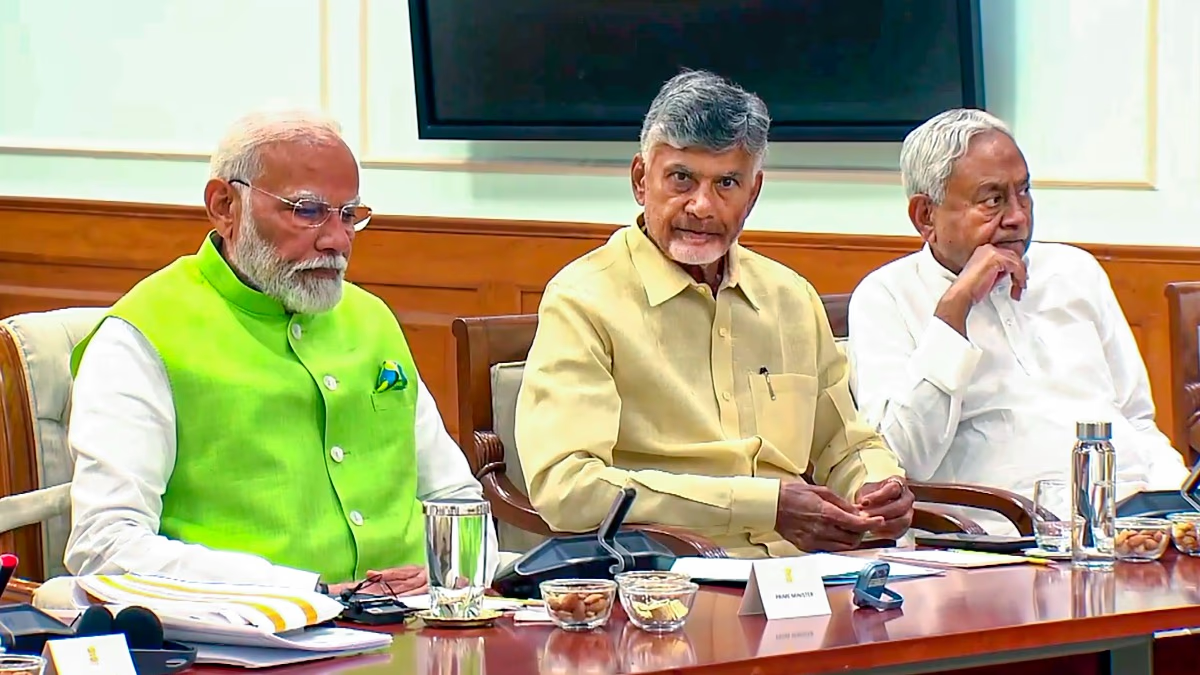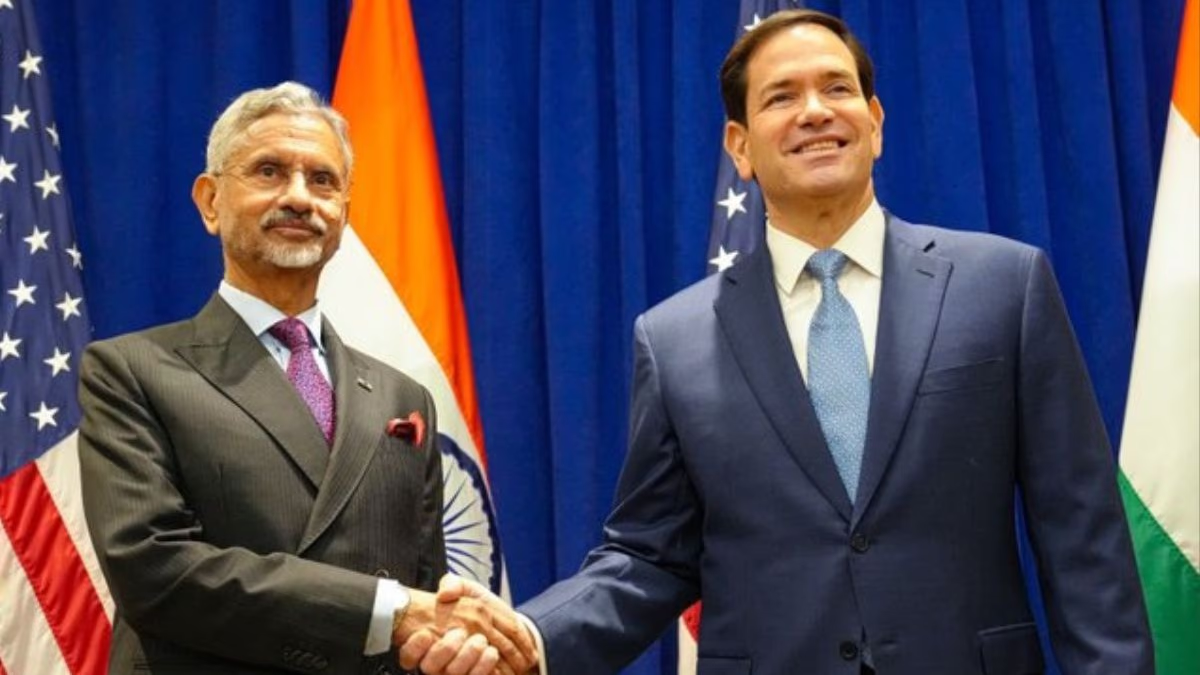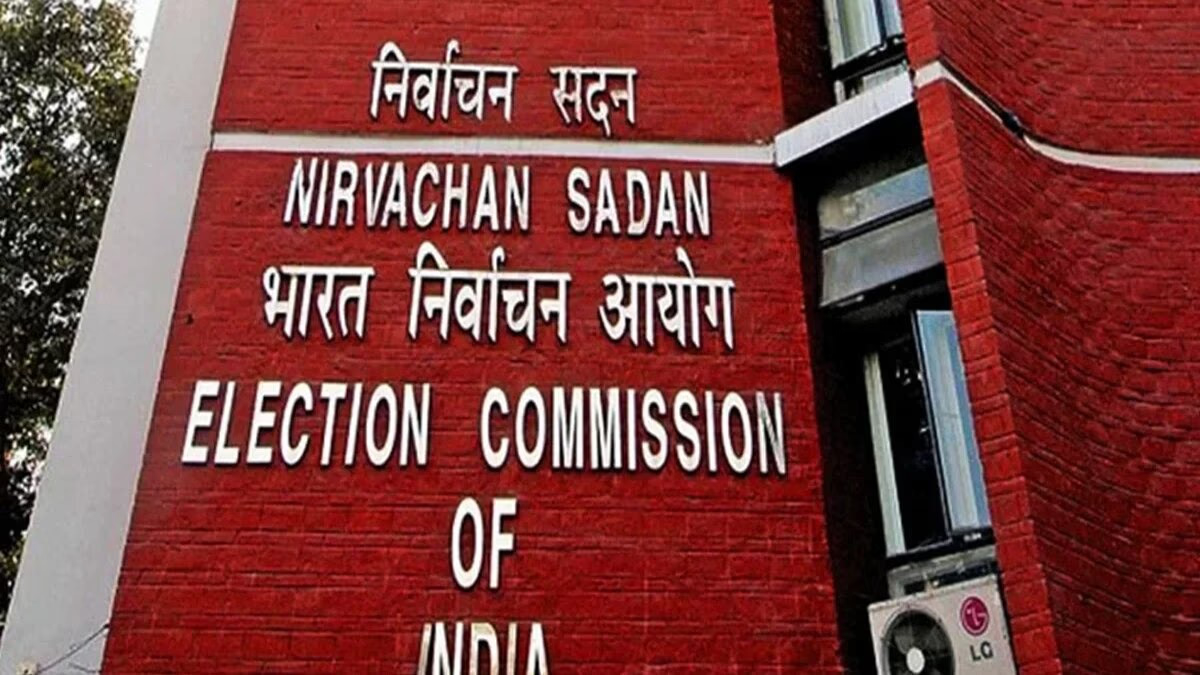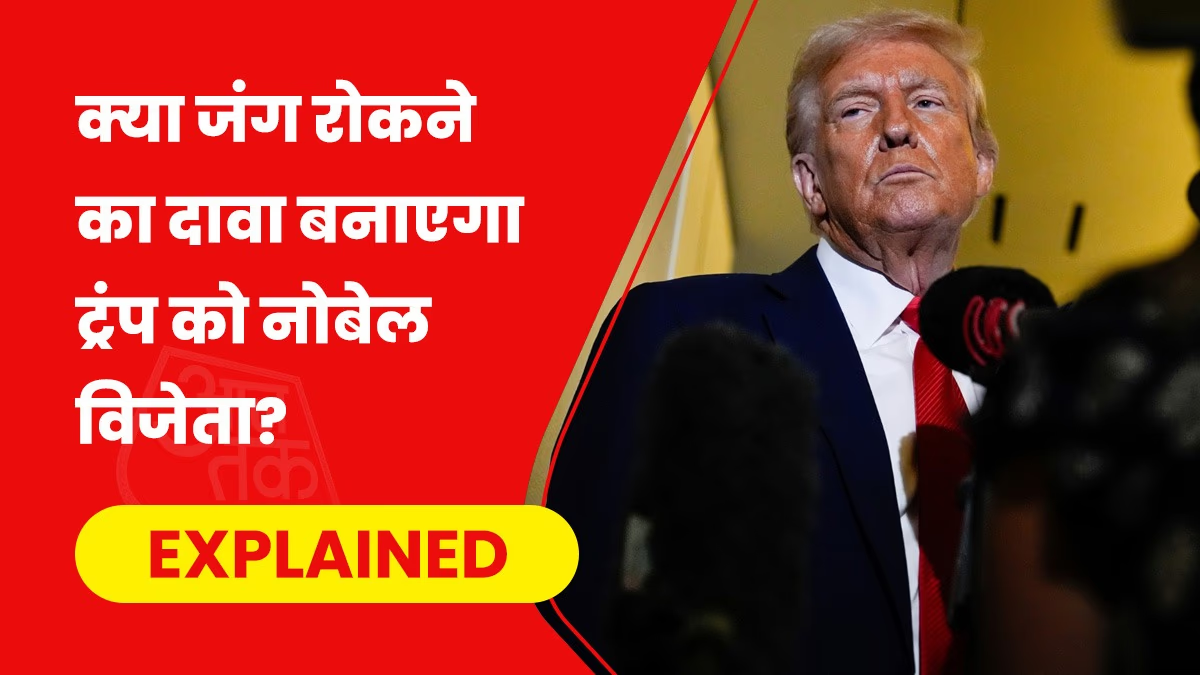As the buzz around the formation of the new government continues, some new terms have come into the conversation: Special State Status and Special Category Status! Although they sound similar, their meanings differ. In political circles, there are speculations about the potential demands of Special State Status by NDA constituents like Janata Dal United and Telugu Desam Party. So, what is SCS? How is this status granted to a state, and what benefits do the state and its people derive from it? Let's explore.
No Provision in the Constitution
Special Category Status (SCS) is granted to backward states based on their development indicators. If a state is geographically, socially, and economically backward, it is given special exemptions in taxes and duties. However, there's no provision in the Constitution to grant special status for the overall development of any state, but in 1969, the fifth Finance Commission recommended granting special category status to backward states.
States Granted Special Status in 1969
Before this provision, Jammu and Kashmir were granted special status. Now, after the revocation of Article 370, it is a union territory. Subsequently, the northeastern states of Assam and Nagaland were among the first to be granted special status in 1969. Later on, eleven states, including Himachal Pradesh, Manipur, Meghalaya, Sikkim, Tripura, Arunachal Pradesh, Mizoram, Uttarakhand, and Telangana, were granted Special Category Status.
Special State Status vs. Special Category Status
Under the then Congress-led UPA government, Parliament passed a bill on February 18, 2014, granting special status to Telangana, separated from Andhra Pradesh. Subsequently, the 14th Finance Commission recommended ending 'Special Category Status' for states, except for the northeastern and three hill states. For such states, it suggested adjusting resource gaps through tax transfers, increasing it from 32% to 42%. The Special Category Status differs from Special Status in terms of legislative and political rights, focusing only on economic and financial aspects.
Conditions for Granting Special Status
Certain conditions and mandatory requirements need to be met to grant special status to a state. If a hilly state has low population density or significant tribal population, strategic importance in bordering countries, or economic and infrastructural backwardness. The financial viability of the state is also considered.
Benefits of Special Category Status
States that are granted Special Category Status benefit significantly. The central government funds 90% of the costs for centrally sponsored schemes, while for other states, this is 60% or 75%. If the allocated funds are not utilized, they don't lapse but are carried forward. States also get major concessions in customs duties, income tax, and corporate tax. About 30% of the central government's gross budget goes to states with Special Category Status.
Special status was granted to Jammu and Kashmir. Later, eleven states including Himachal Pradesh, Manipur, and Meghalaya received this status.
The Parliament passed a bill granting special status to Telangana.




